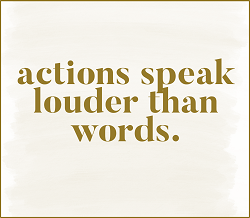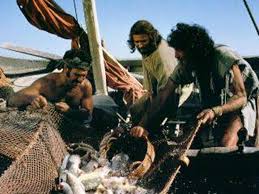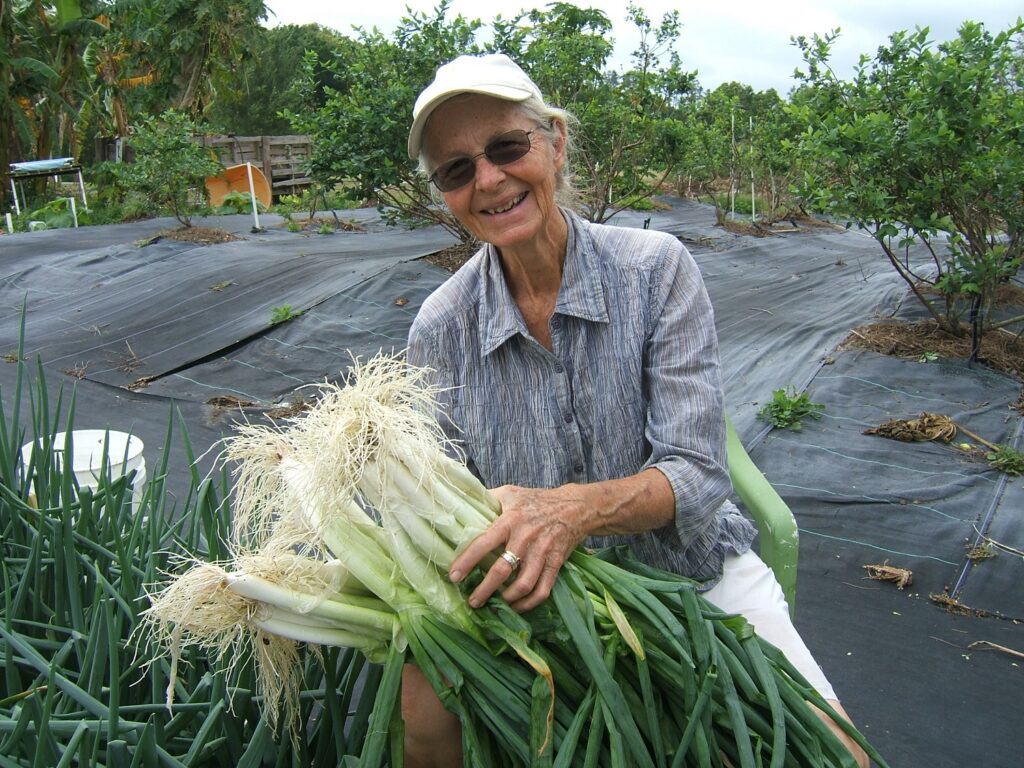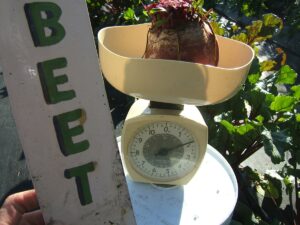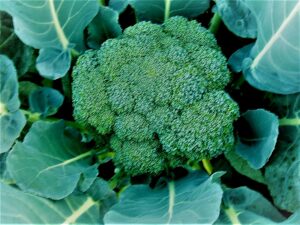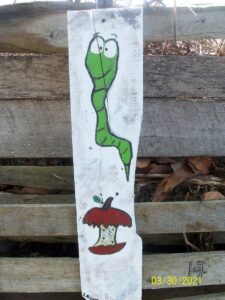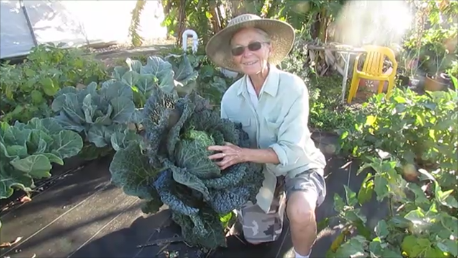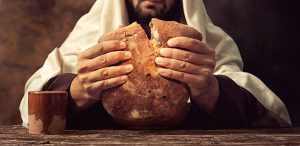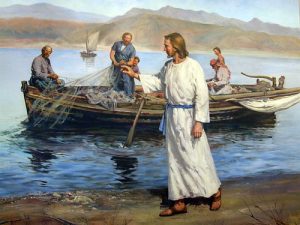 What Luke shares with us in this Gospel is a good example of how Jesus models the saying: actions speak louder than words.
What Luke shares with us in this Gospel is a good example of how Jesus models the saying: actions speak louder than words.
If you will picture this with me – Put yourself in the scene.
It’s midmorning. Jesus is meditatively strolling at the water’s edge. I suspect He may have been virtually unaware that people were beginning to trail him. The crowd is swelling. This causes Jesus to edge closer to the advancing waves of the changing tide. The eagerness of the crowd is palpable in the air – just to hear a word from Jesus. He turns to face the crowd, putting his back to the water. The scene causes him to draw a breath and take a step backward. Now the waters are lapping above his ankles. He spies a couple fishing boats; one belonging to his friend Simon. He presumes permission to step in. And what does He do? Remember last week’s lesson? HE SITS TO TEACH. As the crowd is settling down, He looks around at the empty boats and thinks “What a pity! The fish are right there. But they didn’t take a nibble. Let’s fix that.”
Now, these boatmen have spent all night fishing without success. They are tired, discouraged, disheartened. And so far their morning has been spent prudently cleaning their nets lest the debris they did manage to trawl would rot and get too smelly to attract any fish tomorrow.
We don’t know what Jesus taught from the boat that morning; Luke did not have any first-hand experience to share. What we do know is what Luke heard from those who were there. He tells us that Jesus surprised Simon and his buddies telling them to “put out into the deep water and lower your nets for a catch.” Can’t you just hear Simon draw a vexed breath? He’s professional fisherman; learned the trade from his father and grandfather. “Come on, Jesus. We’ve worked all night but have caught nothing.” You know the feeling. How often have you said (or at least thought) we’ve tried that before? But Peter pauses. Maybe makes eye contact with Jesus. Mmmm. “Yet if you say so, I will let down the nets.”
That’s the operative sentiment. “If you say so, I will let down the nets.” The boats was suddenly, miraculously full of fish so that they begin to sink. And this after a long night of frustration – not a single fish to show for their efforts. Amazement struck them. Peter, (and maybe the others, we don’t know,) fell to his knees and begged Jesus, “Get away from me – I am a sinful man!”
Ah, sweet Jesus! We know what Jesus said. He’s said it to us more than once. “Do not be afraid.” As he counsels Peter He uses a word that in Greek means: “to catch alive.” He’s caught Peter alive with yearning. Ripe for his new vocation, a new mission that He’s about to offer. “From now on you will be catching people.” We turn now to the words from Isaiah in the First Reading: “God touched my mouth [in Peter’s case in today’s Gospel – “touched your nets, your labor.” God, the Lord, continues: “See, now that this has touched you, your wickedness is removed.” Then God asks – invites, challenges – “Whom shall I send? Who will go?”
With Peter – and so many, many others who’ve followed through the years, we answer: “Here I am, send me!” We add the words of Psalm 138: “When I called, you answered. You built up strength with in me. Your right hand saved me. You will complete what You have done for me. Your kindness endures forever.”
“When the fisherman brought their boats to shore, they left everything and followed Jesus.” Your life, the life of each of us, tells the rest of the story. But it leaves us with a question. “How can we catch people? What waters do we have to wade out into? What are the nets we can lower?” One thing we know for certain. We know we want to keep Jesus on our side of the boat. Seems to me this is pretty much the question Pope Francis and our Bishop Parkes is dangling as a challenge to us. What bait will we put on the hook? Or what kind of net will we lower? How will we live out our Benedictine charism of prayer, hospitality and stability in community?
An answer lies in today’s Gospel: live it – be it – do it … that’s the bait. Now, invite others to “lower their nets” and let’s break bread together.”
~Reflection by Sister Roberta Bailey, OSB
Happy Feast Day to us – and Benedictines world-wide!
On February 10th we celebrate the feast of St. Scholastica, twin sister to St. Benedict.

